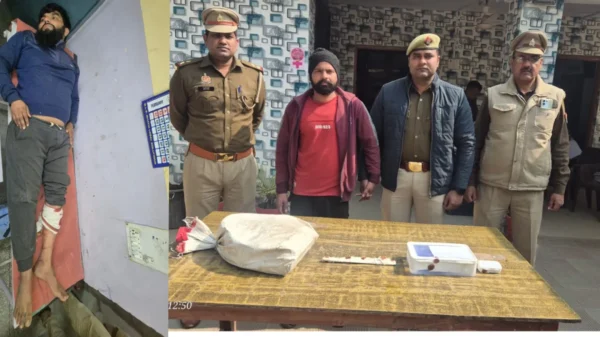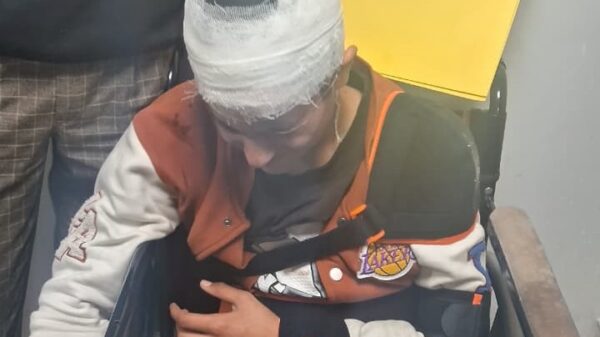The Jammu and Kashmir Police have become the first law enforcement agency in India to adopt GPS tracker anklets to monitor individuals granted bail. These wearable devices are securely fastened around the ankle of the person under surveillance, enabling precise tracking of their movements.
This technology, already widely used in several Western countries such as the USA, UK, South Africa, Australia, and New Zealand, has proven to be highly effective in monitoring individuals accused of crimes while they are on bail, parole, or house arrest.
The decision to implement GPS tracker anklets stems from an order by the Special NIA (National Investigation Agency) Court in Jammu, which directed the police to affix such a device to a man arrested in connection with a militancy case.
The individual in question, Ghulam Mohd Bhat, had applied for bail in a case registered under various sections of the Unlawful Activities (Prevention) Act (UAPA) with allegations of involvement in militancy funding. Bhat was arrested for allegedly attempting to transport funds amounting to Rs 2.5 lakh in connection with militant activities, and he also faced a conviction by the NIA Court in Patiala House, Delhi, for his association with a militant organization.
Recognizing the necessity for strict monitoring of Bhat and the stringent bail conditions under the UAPA, 1967, the Special NIA Court in Jammu instructed the Jammu and Kashmir Police to affix a GPS tracker anklet on the accused.
“In the Special NIA Court, Jammu the importance of close monitoring of terror accused and the stringent conditions for grant of bail under the UAPA 1967 were highlighted by the Prosecution Department of Zonal Police Headquarters, Jammu, J&K Police. Finding merit in the submissions of the prosecution, the Special NIA Court, Jammu passed an order directing J&K Police to affix a GPS tracker anklet on the accused,” the court order read.
Every move made by Bhat will now be closely monitored and recorded. This monitoring is made possible through GPS tracking technology, which utilizes signals from satellites to pinpoint the exact location of a person or device in real time. Originally created by the United States Department of Defense for military purposes, today, GPS tracking has found its way into various everyday uses.
“In cases like Bhat, the ability to track his location in real-time and receive instant notifications of important events make personal tracking devices one of the best safety systems on the market,” a senior J&K Police officer told Greater Kashmir.



































































